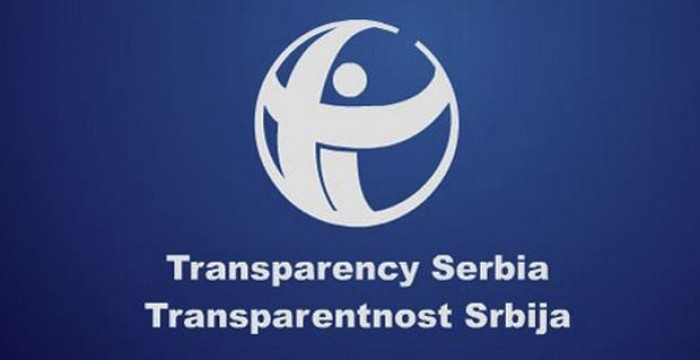Transparency Serbia suggests how to make public administration in Serbia more open and closer to the citizens in the new publication of the prEUgovor coalition, within the public debate on the proposal of the new decennial Public Administration Reform Strategy and the accompanying action plan.
The proposal of the new Public Administration Strategy for the period from 2021 to 2030 contains measures aimed at strengthening the proactive and reactive transparency of public administration bodies. However, the scope of these measures does not meet the needs or possibilities.
The text of the Proposal gives the impression that the normative framework related to proactive transparency is satisfactory. However, although there are no legal restrictions on the proactive disclosure of information, there is no obligation, with only rare exceptions, to make information available to the public even before anyone requests it. In practice, moreover, it happens that information that should ideally be proactively published is not provided to citizens even upon request for access to information of public importance (reactive transparency).
Enabling access to open data gives an additional quality to information made available to the public. The problem, however, is that in practice this is often done in a form that is not suitable for further use, thus losing that extra quality. More attention should be paid to this problem in the new Strategy.
A more pressing problem is that some important information, although not classified, are not published at all because such a practice has not been established. Thus, for example, the agenda of the Government’s sessions, proposals of decrees it considers at sessions, conclusions it adopts, explanations of decisions on appointment, nomination and dismissal of public officials, or information on the activities of the Government’s working bodies are not published on the website of the Government of Serbia. In addition, even documents adopted at Government sessions are not published immediately after adoption, but in some cases only a few days or a week later.
Although there are problems with the unavailability of information in many other bodies, the Government of Serbia, as the authority that adopts the Strategy, could set an example to other authorities by its actions.
Regarding the reactive transparency of public administration bodies, one of the key problems is the non-execution of the decisions of the Commissioner for Information of Public Importance and Personal Data Protection. Therefore, it is necessary:
- To amend the Law on Free Access to Information of Public Importance and / or other laws (such as the Law on General Administrative Procedure) to create preconditions for the functioning of the mechanism of enforcement of the Commissioner's decisions in the field of access to information;
- For the Government to ensure the execution of binding decisions of the Commissioner;
- Improve the handling of requests for access to information of the Government of Serbia, given that the (non) action of the Government on the request cannot be appealed to the Commissioner.
In regard to the inspection control in the area of access to information, the performance indicator envisaged in the draft Strategy should be improved. Namely, the main weakness of inspection supervision is the small number of controlled entities, while the fact that some of the orders are not enforced affects the problem only in a subsidiary way. In addition, any target value that encompasses less than 100% of the ordered measures is inadmissible from the standpoint of the rule of law.
Read the detailed proposals with justification in the publication.
The public debate on the proposal of the Public Administration Strategy for the period from 2021 to 2030 and the accompanying action plan lasts from December 10 to 30, 2020.
This publication was prepared within the project “prEUgovor Monitoring Reforms in Chapters 23 and 24“ supported by the Embassy of the Kingdom of the Netherlands in Belgrade. The opinions expressed in the report are solely those of the prEUgovor coalition and do not necessarily reflect the positions of the Kingdom of the Netherlands.
